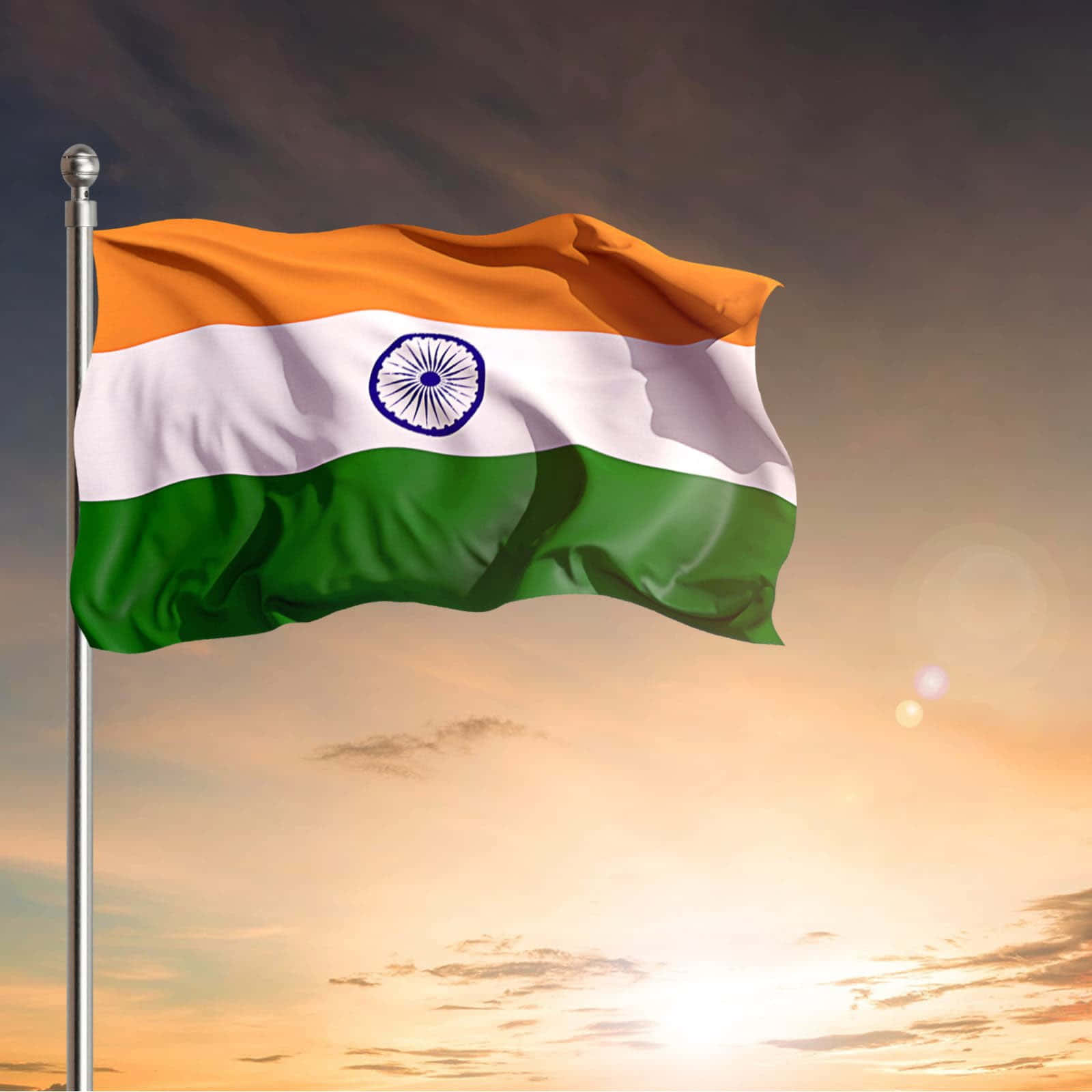It's a really strange thing, isn't it, how quickly things can spread online, especially in India. Sometimes, these digital bits of information, often called "viral MMS," can cause a lot of worry and harm. We hear about them, or perhaps know someone affected, and it just makes you think about how our private lives connect with the internet. This whole situation, you know, it brings up some very important questions about privacy and safety in our connected world.
This kind of content, which can pop up on phones and other devices, tends to move around super fast. It often involves private moments, shared without permission, and then it just takes off. People might find themselves caught in a difficult spot, and it's a very challenging thing to deal with. So, we're going to talk about what this means for folks, and why it's such a big deal for everyone using the internet today.
Our aim here is to shed some light on this issue, to help you get a better grip on the risks involved, and to offer some practical thoughts on staying safe. It's not about digging into the specifics of any one incident, but rather, about understanding the bigger picture. We want to talk about how these situations come about, what the consequences are, and what steps we can all take to protect ourselves and others. It's really about building a safer online space for everyone.
Table of Contents
- What is "Indian Viral MMS"?
- The Rapid Flow of Digital Stuff
- Why Do These Things Happen?
- The Real Human Toll
- Laws and Cyber Issues in India
- Keeping Yourself Safe Online: Simple Steps
- What to Do If You Are Affected
- Frequently Asked Questions
What is "Indian Viral MMS"?
When people talk about "indian viral mms," they are usually talking about private videos or pictures that get shared widely without the consent of the people in them. These files, originally meant for mobile messaging services, tend to spread like wildfire across various platforms. It's a bit like a digital whisper that turns into a shout, very quickly. Often, these pieces of content show private moments, and their unauthorized spread causes a lot of distress for those involved. It's a serious breach of personal space, you know, and it happens more often than we'd like to think.
This phenomenon, more or less, highlights a big problem with digital privacy in our everyday lives. Once something is out there on the internet, it's incredibly hard to pull it back. The term "MMS" itself points to older mobile technology, but today, these things go viral through apps like WhatsApp, Telegram, or even social media sites. So, it's not just about old phone messages anymore; it's about any private content that escapes into the public eye without permission. This sort of thing, it really shows how fast information can travel now.
The Rapid Flow of Digital Stuff
The speed at which digital content moves today is frankly astounding. A photo or a video can jump from one phone to hundreds, even thousands, in mere minutes. This quick sharing, you know, is a core part of what makes something "viral." It's almost like a chain reaction, where one person shares it, then another, and then suddenly, it's everywhere. This speed, while amazing for news or funny videos, becomes a huge problem when private content is involved. It's very hard to stop once it starts flowing.
Think about it, people often share things without truly thinking about the source or the impact. They might just forward something because it popped up on their feed, or because a friend sent it. This casual sharing, however, can have very real and damaging effects on someone's life. The internet, in a way, has made us all publishers, but not everyone understands the weight of that responsibility. So, the rapid flow of digital content, it's a double-edged sword, really.
Why Do These Things Happen?
There are many reasons why private content might become "viral MMS." Sometimes, it comes from a personal relationship that has gone sour. One person might share private material out of anger or a desire for revenge. This is often called "revenge porn," and it's a cruel act that causes immense pain. It's a very hurtful way to lash out, you know, and it leaves deep scars.
Other times, these incidents stem from security breaches. Perhaps someone's phone was hacked, or their cloud storage was accessed without their knowledge. There are also cases where people are tricked into sharing private moments, or they might not fully understand the privacy settings of an app. A lack of awareness about digital safety, or just not knowing how to keep your data locked down, can unfortunately lead to these situations. So, it's not always malicious intent; sometimes it's just a lack of proper digital hygiene, you know.
The Real Human Toll
The impact of "indian viral mms" on the individuals involved is truly devastating. Imagine having your most private moments exposed to the world without your permission. It causes deep emotional distress, feelings of shame, and often, social isolation. People affected might face intense public judgment, even from their own communities. It's a very lonely place to be, and the emotional pain can last a long, long time.
Beyond the personal suffering, there can be serious consequences for education, work, and future prospects. A person's reputation might be damaged, making it hard to find a job or even just live a normal life. This kind of digital attack can also lead to mental health issues, like anxiety or depression. So, it's not just a fleeting online trend; it leaves a lasting mark on real people. It's a very serious matter, in some respects.
Laws and Cyber Issues in India
India does have laws in place to deal with cybercrime and the unauthorized sharing of private content. The Information Technology Act, 2000, for example, has sections that address privacy violations and the publication of obscene material. Sharing someone's private images or videos without their consent is a punishable offense. It's a serious crime, you know, and the law takes it seriously. There are provisions for imprisonment and fines for those found guilty.
However, actually enforcing these laws can be a bit tricky. The internet crosses borders, and tracing the origin of viral content can be hard. Plus, many victims might feel too ashamed or scared to come forward and report what happened. Still, it's important to know that legal avenues exist. Authorities, like the cybercrime units, are working to tackle these issues. They are, in a way, trying to keep up with the fast pace of digital harm. Learn more about digital safety on our site.
Keeping Yourself Safe Online: Simple Steps
Protecting your personal information online is super important, especially these days. First off, always be very careful about what you share, even with people you trust. Once something is sent, you lose control over it. Think twice before taking or sending any private photos or videos, particularly if they are sensitive. It's just a good habit to have, you know, to be a little cautious.
Next, strengthen your digital defenses. Use strong, unique passwords for all your accounts. Turn on two-factor authentication wherever possible; it adds an extra layer of security. Be wary of suspicious links or messages, as these could be phishing attempts designed to steal your information. Regularly check your privacy settings on social media and messaging apps, making sure only trusted people can see your posts. You can also find more tips on how to keep your data safe by checking out our online security guide.
It's also a good idea to talk about these things with your friends and family, especially younger people. Education is key. Knowing the risks and how to manage them can prevent a lot of heartache. So, being smart about your digital footprint, it's actually pretty simple, but very effective.
What to Do If You Are Affected
If you or someone you know ever becomes a victim of "indian viral mms," please know that it's not your fault. The first step is to seek support. Talk to a trusted family member, friend, or counselor. Getting emotional support is very important during such a difficult time. You don't have to go through it alone, you know.
Next, gather evidence. Take screenshots of the offending content, noting down where it appeared and when. This information will be very useful if you decide to report it. Then, report the content to the platform where it's being shared. Most social media sites and messaging apps have ways to report inappropriate or non-consensual content. They typically have teams that can remove it, though it might take some time. It's a bit like playing whack-a-mole, but it's worth doing.
Finally, consider reporting the incident to the authorities. In India, you can file a complaint with the cybercrime unit. You can often do this online through the official cybercrime portal. They can investigate the matter and take legal action against those responsible. It's a tough step, but it can help prevent others from going through the same thing. For more information, you might want to check India's official cybercrime portal, which is a good place to start for legal help.
Frequently Asked Questions
What exactly is "viral MMS" in India?
Basically, "viral MMS" in India refers to private videos or pictures that get shared very quickly across digital platforms without the permission of the people shown in them. These are often sensitive or personal moments that someone has released or leaked, causing them to spread widely on phones and the internet. It's a big privacy concern, you know, and it's a problem that keeps popping up.
What are the legal consequences for sharing such content?
Sharing private content like this without consent is a serious offense under Indian law, especially the Information Technology Act. Those found guilty can face jail time and heavy fines. It's not just a minor issue; it's a crime that has real, harsh penalties. So, anyone who shares such material could get into very serious trouble, legally speaking.
How can someone protect their privacy online to avoid this?
To protect your privacy online, it's wise to be very careful about what you share digitally, even with people you trust. Always use strong, unique passwords for your accounts and turn on two-factor authentication whenever possible. Regularly check and adjust your privacy settings on social media and messaging apps. Also, be really suspicious of any strange links or messages you get. Staying informed about digital safety is, arguably, your best defense.



Detail Author:
- Name : Eulah O'Conner
- Username : marlon13
- Email : yschamberger@lehner.com
- Birthdate : 1988-09-14
- Address : 72587 Florian Wall North Darronhaven, WA 10581
- Phone : 1-586-593-3266
- Company : Wisozk-Schimmel
- Job : Bench Jeweler
- Bio : Est fugit asperiores sapiente dolores est quia. Recusandae possimus veritatis enim impedit qui reprehenderit. Magnam atque rerum cupiditate modi quidem aspernatur modi. Aut quia vel rem.
Socials
twitter:
- url : https://twitter.com/beattyo
- username : beattyo
- bio : Ut voluptatum optio blanditiis nobis sit non. Velit laborum dolor non quo. Eum tempore dolorum nostrum suscipit rerum labore error.
- followers : 2130
- following : 2375
linkedin:
- url : https://linkedin.com/in/orin.beatty
- username : orin.beatty
- bio : Aut aut cumque magni.
- followers : 645
- following : 2146
facebook:
- url : https://facebook.com/orin4703
- username : orin4703
- bio : Hic officiis fugit eos quas maxime. Laboriosam sit voluptatem quidem.
- followers : 3356
- following : 1930
instagram:
- url : https://instagram.com/orin1706
- username : orin1706
- bio : Delectus dolore vero vero cupiditate. Minima tenetur in doloribus aliquam atque.
- followers : 3325
- following : 2594
tiktok:
- url : https://tiktok.com/@obeatty
- username : obeatty
- bio : Laborum iusto sapiente sit amet ut.
- followers : 5740
- following : 1578

